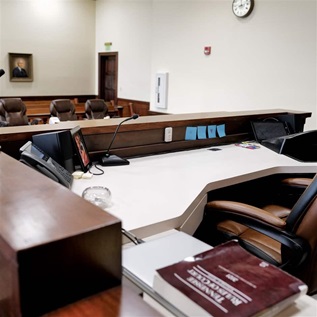Checks and Balances
Measuring Checking Accounts' Safety and Transparency
QUICK SUMMARY
This report reviews the checking accounts offered by 36 of the nation's 50 largest banks according to their practices in three areas: disclosures, overdrafts, and dispute resolution. The study builds on two previous Pew reports: “Hidden Risks: The Case for Safe and Transparent Checking Accounts,” and “Still Risky: An Update on the Safety and Transparency of Checking Accounts.” The findings demonstrate the need for the Consumer Financial Protection Bureau to write new rules to ensure that the features of these fundamentally important accounts are fair and transparent.
Pew defines best practices as those that are the most effective in:
- Providing checking accountholders with clear and concise disclosure about costs and terms.
- Reducing the incidence of overdrafts and eliminating practices that maximize overdraft fees.
- Offering consumers a meaningful choice to resolve a problem with their bank rather than including mandatory binding arbitration clauses in checking account agreements.
Pew's top-line findings, based on a review of the information each bank provided in its account agreement and other supplemental documents describing its policies:
- Ninety-seven percent of the banks achieved at least one best practice. But even among the highest-performing banks, virtually none performed well in every studied category.
- Fourteen of the top 50 banks could not be included in the study because key terms and fees were not accessible online or by mail. These financial institutions failed to provide the opportunity for consumers to review all of the relevant disclosures for checking accounts without visiting a branch.
- Two of the nation's largest financial institutions—Citibank and Bank of America—are among the five highest-performing banks in Pew's analysis. The top five scores include those earned by Ally Bank, Charles Schwab Bank, First Republic Bank, Citibank, and Bank of America.
- While Ally Bank achieved the highest number of best practices, it still failed to provide optimal policies across all three studied.











